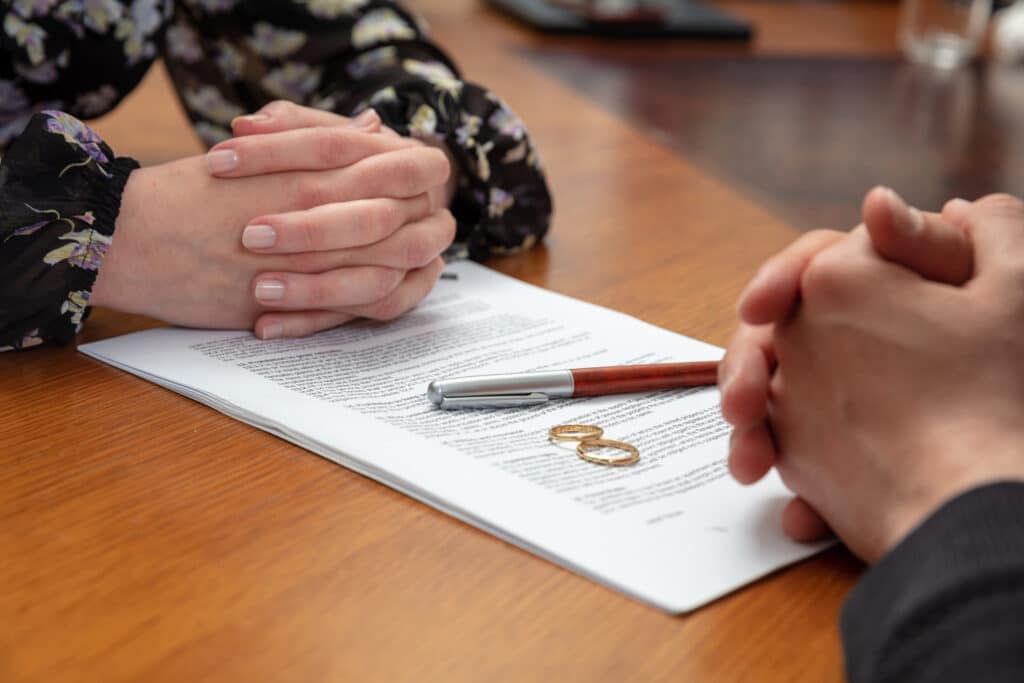How can I finance my legal expenses?

How can I finance my legal expenses? Many family law clients are concerned about legal fees and wonder how to “finance my legal expenses”. This concern can dissuade people from seeking professional legal representation to reduce their legal costs. However, there are different financing options available. Everyone deserves the best legal assistance, and JustFund offers […]
Family Law Resource Guide for Navigating Separation, Fees and Challenges

Family Law Resource Guide for Navigating Separation, Fees and Challenges We understand that the process of separation can be daunting, complex, expensive and very stressful. Sadly many of our clients also suffer from domestic violence and feel trapped trying to juggle bills and parenting responsibilities, and are unsure of where to go or how to […]
Resources Guide for Women Suffering from Domestic Violence in Australia

Resources Guide for Women Suffering from Domestic Violence in Australia This guide provides an overview of some of the resources available for women suffering from domestic violence in Australia, helping them access the support they need for immediate safety, legal protection, counseling, and long-term recovery. 1. Immediate Safety and Emergency Support Emergency Services Dial 000 […]
How Much Does It Cost to Administer a Deceased Estate in Australia?

How Much Does It Cost to Administer a Deceased Estate in Australia? Key Takeaways: Cost of Administering a Deceased Estate: Administration costs are typically covered by the estate itself. What Goes into the Cost?: Legal expense costs include solicitor fees for obtaining a grant of probate and for ongoing estate administration. Solicitors may charge fixed […]
17 Key Financial Management Tips to Support Your Family Law Journey

Key Financial Management Tips to Support Your Family Law Journey Most people see a divorce as an end. Why not see it as a new chapter? With the right financial plan you have a better chance at a brighter future and a credit provider like JustFund can help you stay financially healthy and in control […]
What Is Litigation Funding for Family Law?

What Is Litigation Funding for Family Law? Many people are concerned about the cost of family law proceedings. However, there are many options available. If you’re financially vulnerable, there is no reason you should face legal costs without assistance. However, it’s important to understand the differences between the financial options available. This helps with an […]
Resources Guide for Navigating Separations, Legal Fees and Family Law Challenges

Resources Guide for Navigating Separations, Legal Fees and Family Law Challenges We understand that the process of separation can be daunting, complex, expensive, and very stressful. Sadly, many of our clients also suffer from domestic violence and feel trapped trying to juggle bills, parenting responsibilities, and family law services, leaving them unsure of where to […]
Best ways to discuss the cost of legal fees with your lawyer

Best ways to discuss the cost of legal fees with your lawyer Approaching a family lawyer about the options for payment of legal fees can be a sensitive but important conversation, especially if you’re concerned about the costs involved. Let’s face it, working out how to afford legal fees during this stressful time is difficult […]
Learn How To Save Money On Divorce Costs

Learn How To Save Money On Divorce Costs Divorce expenses can be eye-watering. Even smooth divorces can be costly. However, getting divorced doesn’t need to break the bank. There are many ways to save money on divorce during this time. Understanding how to save money on divorce with practical tips can help you enter a […]
10 Step Guide to Getting Divorced in Australia

10 Step Guide to Getting Divorced in Australia We have put together a basic guide to key things to know when considering a divorce in Australia or separation. 1. Understanding Divorce in Australia No-Fault Divorce: Australia operates on a “no-fault” divorce system, meaning that the only ground for divorced in Australia is the irretrievable breakdown […]

